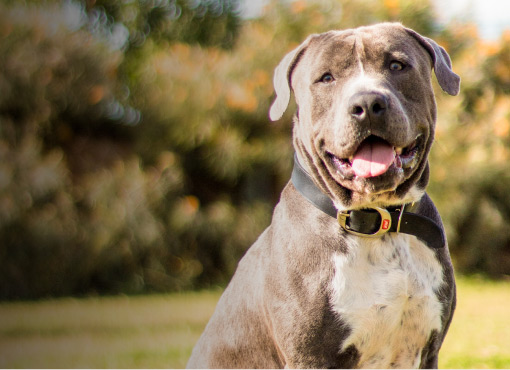With COVD-19 restrictions slowly lifting, we humans are bursting at the seams to get back out into the world. But what does this mean for our pets? Our wonderful companions who so selflessly kept us company during isolation. Their presence in our workplaces will be gravely missed, as Karen from HR probably doesn’t like pats as much as your Kelpie does.
Not only will we miss them, but they will miss us (cats not so much?). So before you leave that front door with your briefcase and dress shoes, your pet should be adjusted to living without you for the workday. Here are some tips to help you get there, and what better time to implement them than during isolation.



